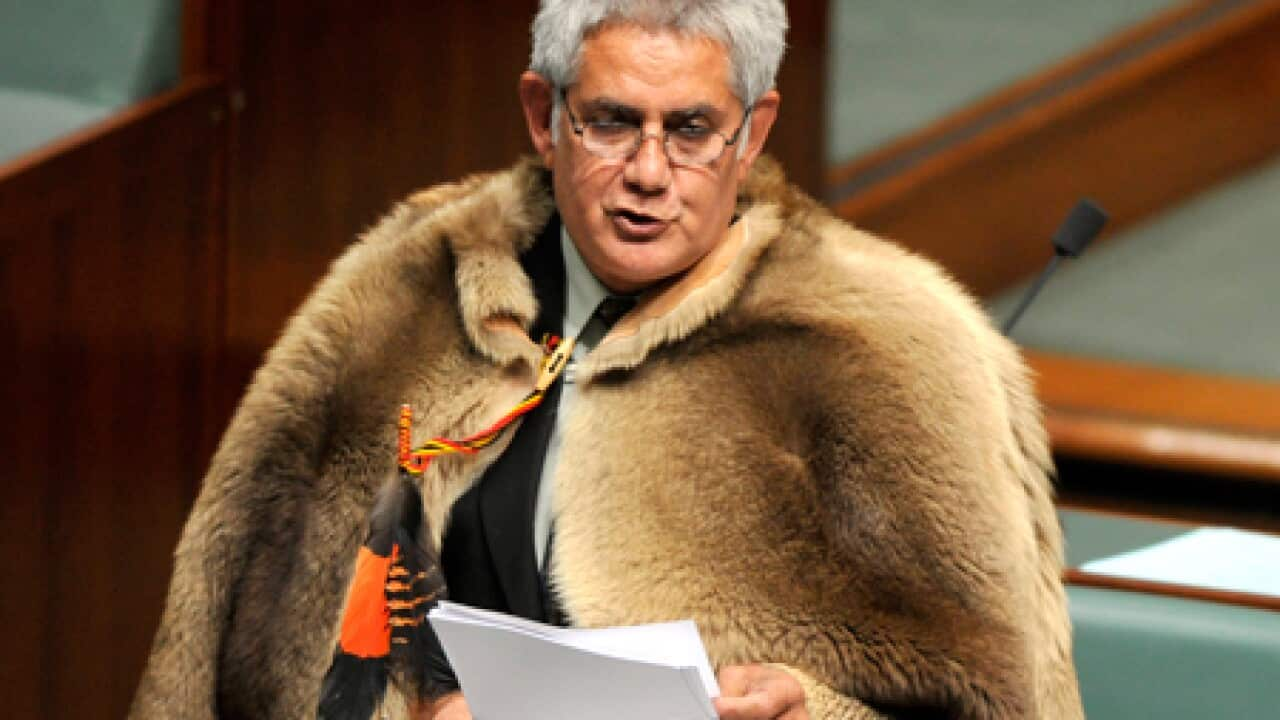18C of the Racial Discrimination Act makes unlawful any act reasonably likely to offend, insult, humiliate or intimidate another person or group of people because of their race, colour, ethnicity or nationality.
Race Discrimination Commissioner Tim Soutphommasane, meanwhile, against The Australian’s cartoonist Bill Leak for breaching 18C. And certain members of the new parliament by removing the words “offend” and “insult”.
One matter often overlooked in these controversies is whether 18C is in fact constitutional. In our book , we argue the Constitution’s does not support 18C. Further, the section also impermissibly infringes the implied freedom of political communication.
Non-conformity with international treaties
One of the requirements to validly translate an international treaty into domestic law under the external affairs power is the “conformity requirement”. The law must be to implementing the treaty.
The international treaty most directly supporting Section 18C is the , and Article 4 in particular. This is directed against, among other things, the dissemination of all ideas based on racial hatred.
A strong word is used here: hatred. Not dislike. Not disdain. Hatred.
Hate itself is a . Article 4 is therefore directed at a narrow range of expression: that is, expression motivated by, manifesting, or creating hatred.
However, Section 18C is directed against, among other things, expression that offends, insults or humiliates. The range of language that may offend, insult or even humiliate is far larger than language that is hateful. The assertion that some offensive or insulting expression leads to hate overlooks the many instances where such expression doesn’t lead to hatred.
Further, the emotions 18C targets – offence, insult and humiliation – in many cases have little if anything to do with the emotion of hatred.
Consequently, 18C targets language and emotions far beyond what the convention allows. It cannot therefore be reasonably considered to be appropriate and adapted to the convention, and hence is not supported by the external affairs power.
RECOMMENDED STORIES

Senators revive plan to change Racial Discrimination Act
Infringing the implied freedom of political communication
The prohibits laws impermissibly infringing the freedom of Australians to . Section 18C’s burden on such discussion is substantial.
Many government and political matters involve controversial issues concerning race, colour, ethnicity or nationality. For example, border protection and immigration raise contentious issues about the level and composition of the refugee and migrant intake. Australia’s involvement in wars raises controversial issues about the war’s causes and the enemy’s motivations.
Feelings will run high about these issues. Offence and insult over these matters will inevitably be given or taken.
Further, the Constitution provides that . This means Australians elect representatives to parliament, and it is to Australians that these representatives are accountable. Australians must therefore be able to fully, frankly and robustly discuss any matter that may be the subject of laws their representatives make, or executive actions their representatives authorise.
Finally, Australian state and federal parliaments have plenary powers to make laws. This power has . Given this, the scope of Australians to speak about present or proposed laws must be wider still.
RECOMMENDED STORIES

Bolt victim opposes planned changes to Racial Discrimination Act
If anything, in a democracy like Australia’s, a sovereign people must be free to speak even the unspeakable. However, 18C purports to make unlawful even statements “reasonably likely” to offend.
Yes, there are limits to freedom of expression, but these limits are themselves strictly limited. 18C goes far beyond these strict limits.
It is no answer to say provides exemptions to 18C. 18C already creates uncertainties about how vague terms like offend, insult and humiliate will be applied in any given situation. Section 18D compounds these uncertainties.
For example, all exemptions in 18D must be done . This has been held to impose a . But what does this mean? Reasonable minds may differ whether a statement was a heartfelt opinion or an insult that could have been expressed more sensitively.
An essential requirement of the rule of law is certainty. People must know where a legal line is drawn so they can avoid going over it. The uncertainties of 18C and 18D add to the already heavy burden that 18C places on the implied freedom of political communication.
Reducing racial hatred is a laudable aim. However, 18C pursues it in an unconstitutional manner by being too broad and too vague. It should be repealed and a more tightly drafted provision put in its place. Until then, it is vulnerable to constitutional challenge.
RECOMMENDED STORIES

Comment: Charlie Hebdo attacks provide a false pretext for 18C debate
Lorraine Finlay is affiliated with the Liberal Party of Australia, being a member of the WA Division.
Augusto Zimmermann is Senior Vice President of the Liberal Party's Fremantle Division, Adjunct Professor of Law, University of Notre Dame Australia, Sydney, and a member of the Law Reform Commission of Western Australia.
Joshua Forrester receives an Australian Postgraduate Award.












